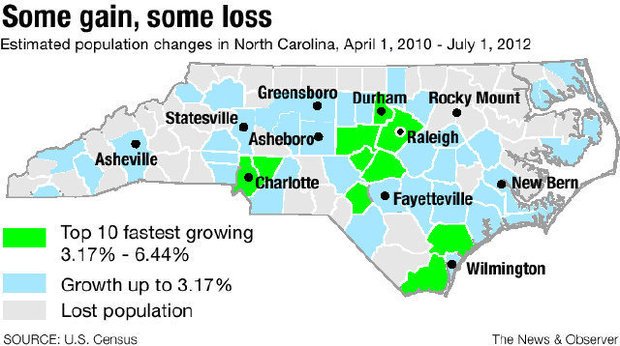Yesterday, a letter to the editor, in the local paper, asked the voters to reject plans for a new high school. This is a very hot subject, as the old school is very outdated, and no longer safe. The people are evenly split and the the back and forth letters are intense.
I see the subject as being one of the most important in this generation, and surely for the next, and probably a game changer for the county.
to start, the letter:
Now... the question "Is the town dying?" is not meant this particular town, but those like it all over the US. In this case, a farm belt town, but it extends to small towns everywhere. Areas designated as "Micropolitan" for census purposes.
The question goes beyond schools. It goes to downtown retail areas, police departments, recreational parks, pools and sports facilities, public works and utilities. In our own town, (not the one mentioned above) the Pool has closed, library hours cut, teachers laid off, and recreational facility maintenance cut back. That... and in comparison with nearby communities, we are well off and stable.
A second more obvious problem of funding comes in the decline of infrastructure, and the increasing burden of pensions even as populations decrease and the average age of residents increases.
Is this happening in your town, and if not, what about the towns in the outskirts? Those of us who live in gated or senior communities are not as exposed directly, except as we go into exurbia.
So how important, and will it affect you in retirement? Should you stay in, or move to a small town? If the choice is a retirement community like "The Villages", is the financial status stable, or will fees and taxes take a bigger bite? Will today's amenities be there in the future?
Perhaps not too important today, but what about the next 10, 20, or 30 years?
Here's a current article about the change in demographics. Maybe something to keep in mind when deciding to move or downsize.
Census: Record 1 In 3 Counties Now Dying Off, Hit By Aging Population, Weakened Local Economies
I see the subject as being one of the most important in this generation, and surely for the next, and probably a game changer for the county.
to start, the letter:
Open Forum response to Rita Peterson’s Hall referendum cart before the horse:I agree with Rita Peterson that the Hall Township voters are being asked to put the cart before the horse. There are fewer students going to Hall than 50 years ago. I share Ms. Peterson’s opinion that Spring Valley needs to focus on bringing in new industry and businesses. There has been virtually no development in Spring Valley for many, many years with one exception, the Wal-Mart Distribution Center. We need business and industrial development such as what Peru and Ottawa have before we should even consider spending $32 million on a new school! Spring Valley is fast becoming a community of senior citizens living on fixed incomes. Wages for younger families are not going up. Exactly where do the members of the Hall Board think people are going to find the money for increased real estate taxes for the next 30 years? Increasing real estate taxes in a community with very few amenities and no job opportunities will certainly not be an incentive for families to move to Spring Valley. Fewer young families would mean even fewer students attending Hall High School.
I graduated Hall High School. A quality education does not consist of the brick and mortar of the building but rather skilled, dedicated teaching staff. Hall Township voters need to vote “no” to a new school at this time. Ms. Peterson is right…we cannot afford a new school!
Now... the question "Is the town dying?" is not meant this particular town, but those like it all over the US. In this case, a farm belt town, but it extends to small towns everywhere. Areas designated as "Micropolitan" for census purposes.
The question goes beyond schools. It goes to downtown retail areas, police departments, recreational parks, pools and sports facilities, public works and utilities. In our own town, (not the one mentioned above) the Pool has closed, library hours cut, teachers laid off, and recreational facility maintenance cut back. That... and in comparison with nearby communities, we are well off and stable.
A second more obvious problem of funding comes in the decline of infrastructure, and the increasing burden of pensions even as populations decrease and the average age of residents increases.
Is this happening in your town, and if not, what about the towns in the outskirts? Those of us who live in gated or senior communities are not as exposed directly, except as we go into exurbia.
So how important, and will it affect you in retirement? Should you stay in, or move to a small town? If the choice is a retirement community like "The Villages", is the financial status stable, or will fees and taxes take a bigger bite? Will today's amenities be there in the future?
Perhaps not too important today, but what about the next 10, 20, or 30 years?
Here's a current article about the change in demographics. Maybe something to keep in mind when deciding to move or downsize.
Census: Record 1 In 3 Counties Now Dying Off, Hit By Aging Population, Weakened Local Economies
Last edited:

